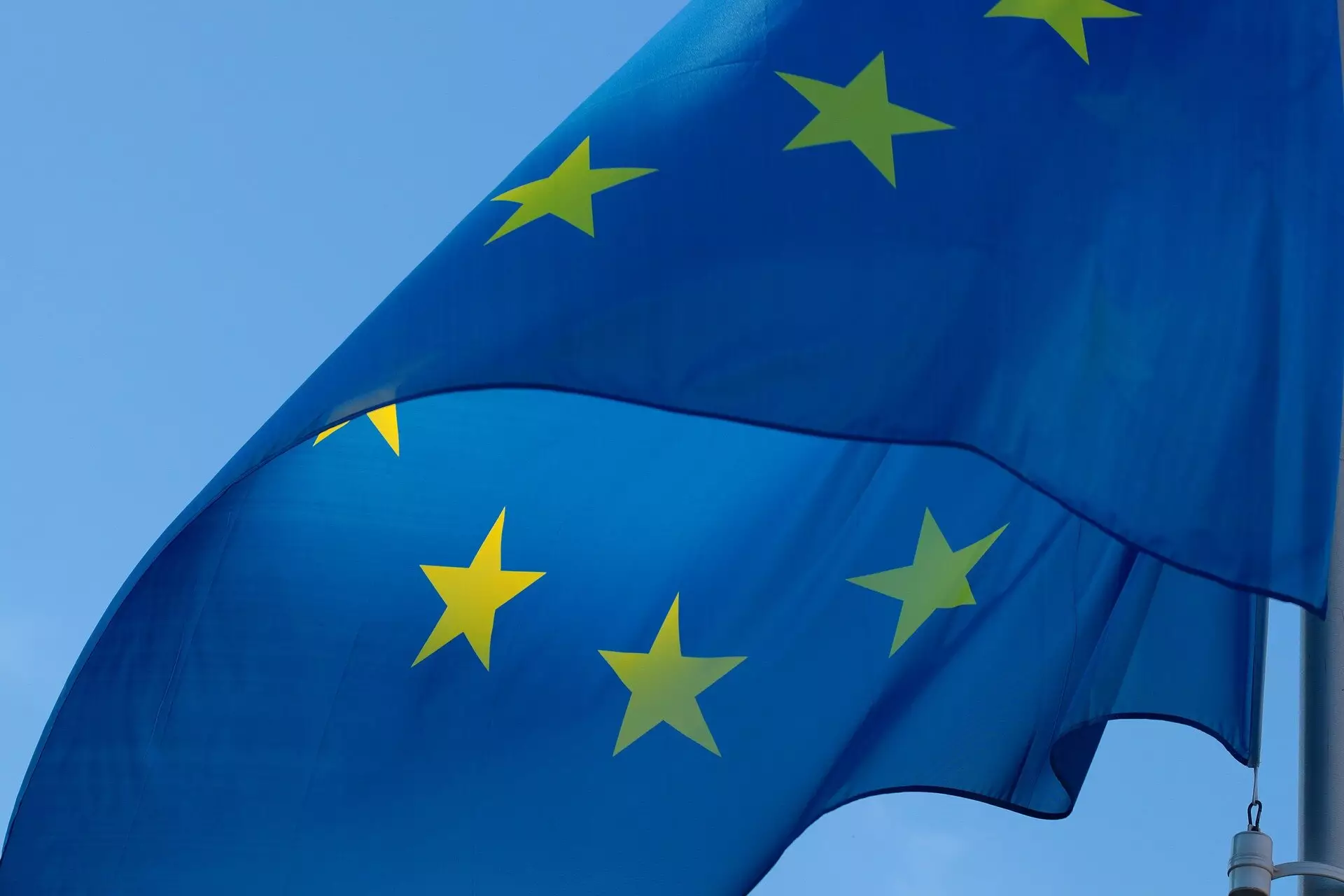The European Union’s general data protection regulation (GDPR) has brought about significant changes in the field of technology. In the past, websites relied heavily on cookies to track user activity and serve targeted advertisements. However, with the implementation of GDPR in 2018, websites are now required to obtain explicit consent from users before collecting their personal data. This has been welcomed by many users who value their privacy and do not want to be constantly monitored while browsing the internet. Despite the positive intent behind GDPR, the process of navigating through pop-up windows and permission lists can be seen as a hassle by some users, as they now have to manually select their preferences.
In 2014, the EU made a landmark ruling that gave individuals the right to request the removal of personal data from search engines under certain circumstances. This ruling was further expanded upon by the GDPR, which created a right to be forgotten. As a result, there has been a noticeable increase in the number of requests from individuals asking search engines to delete their personal information. While some of these requests may pertain to sensitive information, such as former employers erasing data, the process of enforcing the right to be forgotten continues to evolve.
One of the consumer-friendly initiatives introduced by the EU was the ban on roaming charges within the bloc in 2017. This move was aimed at reducing the financial burden on consumers who were often hit with exorbitant fees for using mobile networks while traveling abroad. This regulation not only provided cost savings for users but also simplified the process of using mobile services across different EU member states. As a result, individuals like French executive Kevin Eon found it more convenient to keep their existing phone numbers while working in different countries, eliminating the need to purchase additional SIM cards.
The European Union has also mandated the use of USB-C ports for all electronic devices sold in the bloc, including phones, tablets, and speakers. While most manufacturers had already adopted this technology, Apple initially resisted the regulatory requirement, citing concerns about stifling innovation. However, the company eventually complied with the mandate and began shipping phones with USB-C ports. This move is expected to streamline the charging process for consumers and reduce the need for multiple charging cables, creating a more standardized experience across different devices.
In an effort to level the playing field for online services, the EU has introduced a series of regulations aimed at curbing the dominance of major tech platforms. These rules seek to promote fair competition by preventing large companies from unfairly promoting their own services over those of their competitors. One notable example is the restriction placed on Google, which can no longer automatically redirect users from its search engine to its maps app. While these regulations are still being tested, they have already begun to reshape the online landscape by fostering greater diversity and choice for consumers.


Leave a Reply